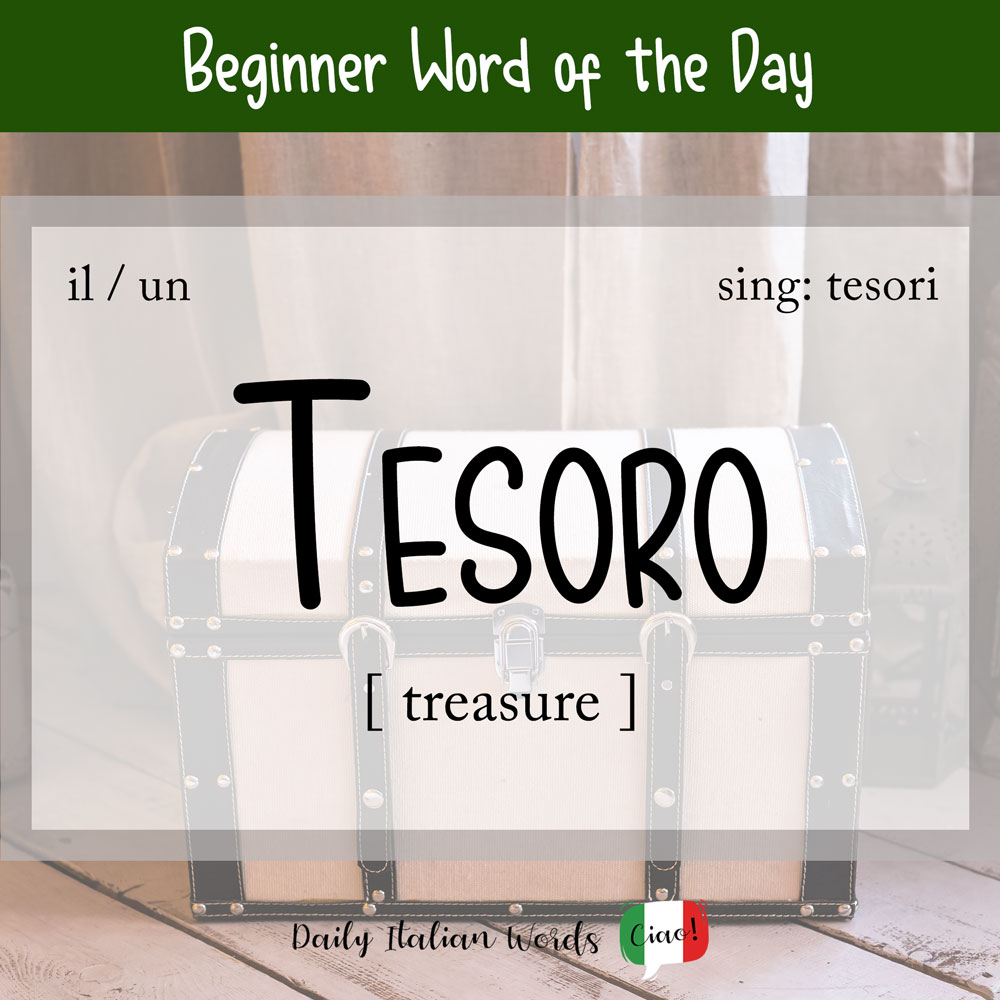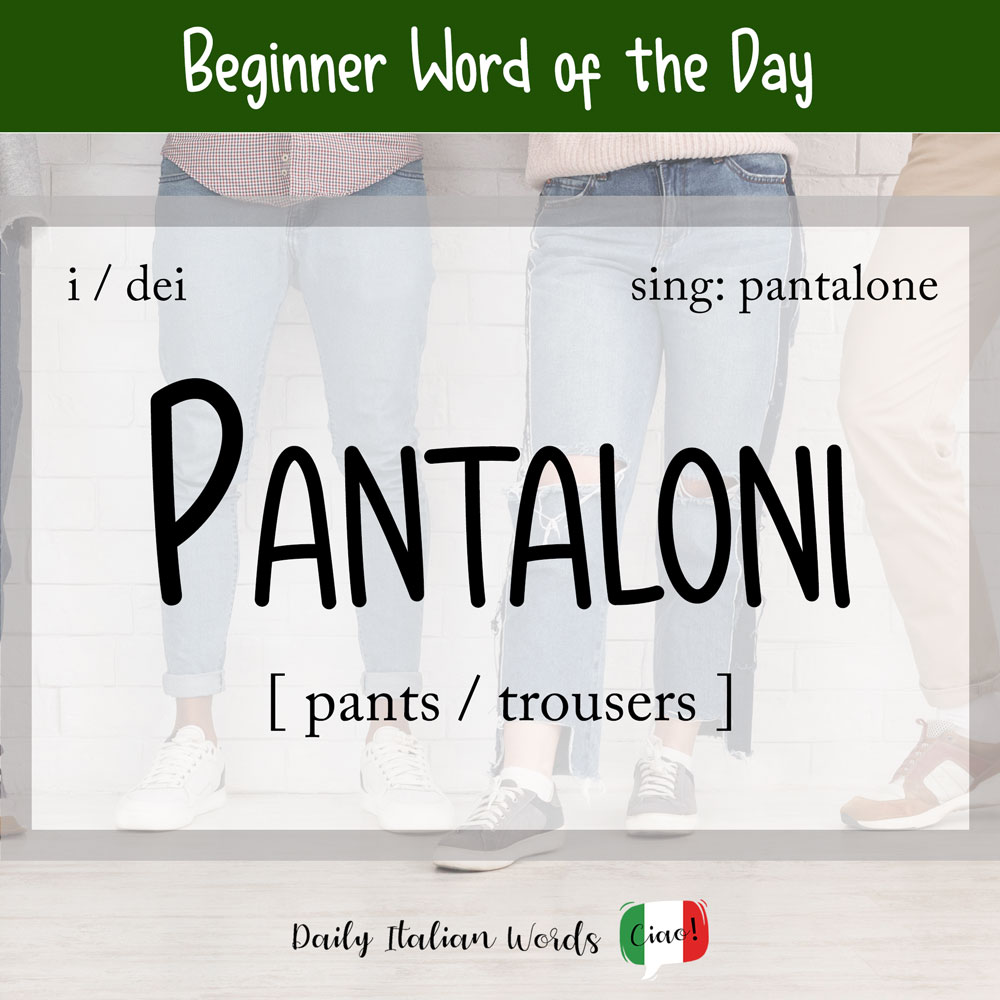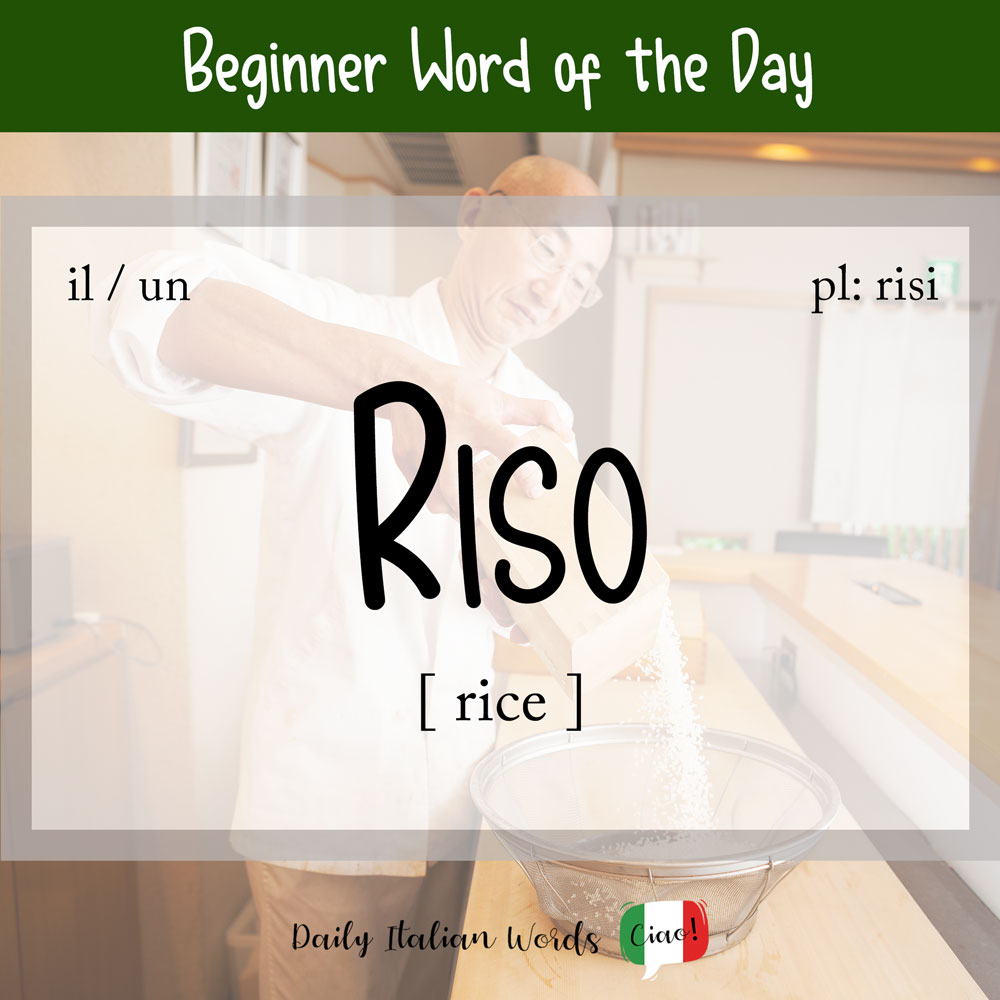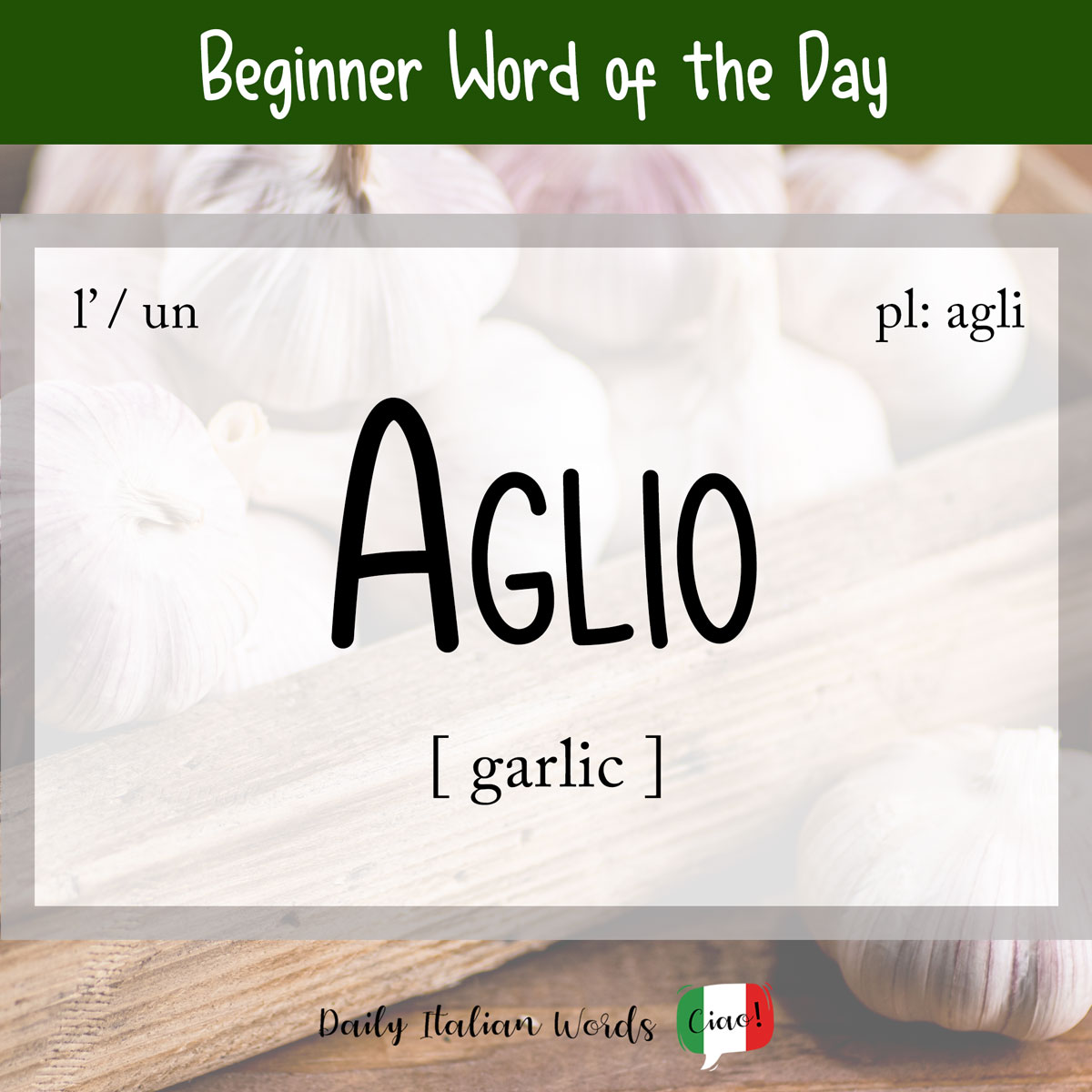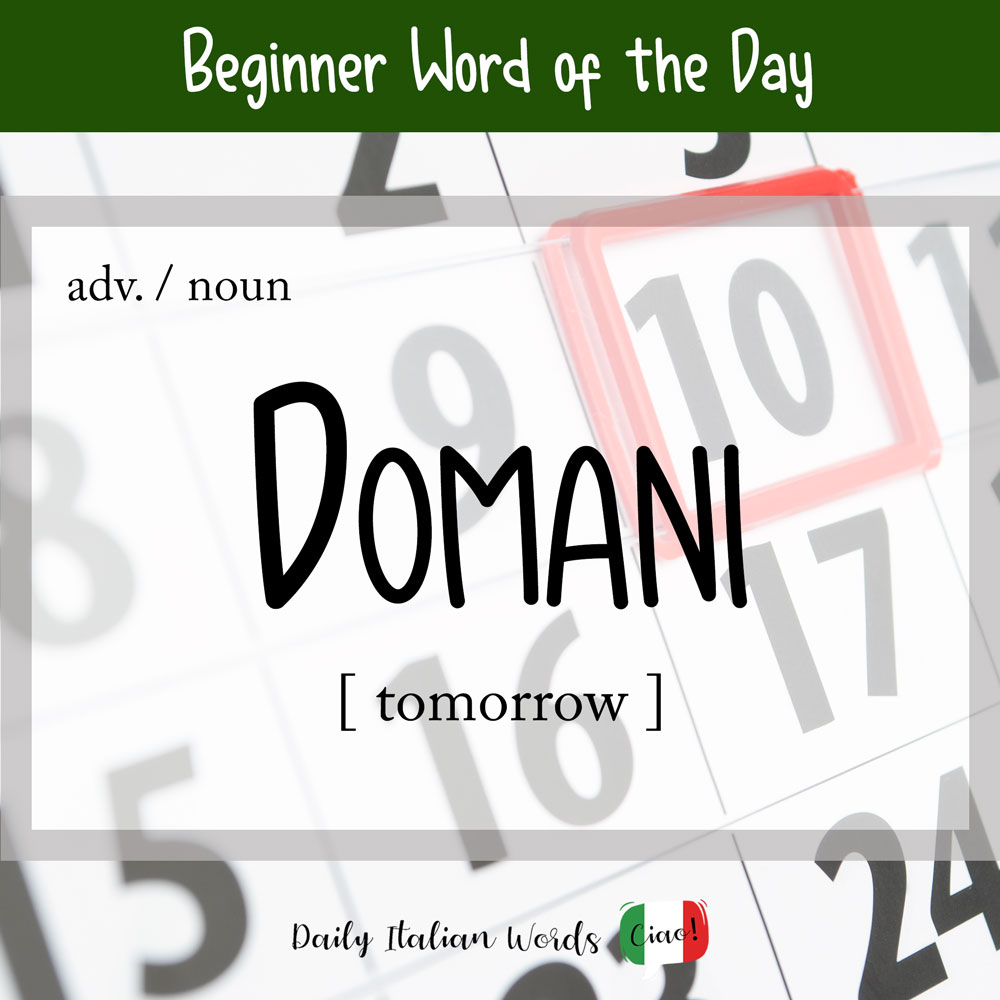Italian Word of the Day: Tesoro (treasure)
It doesn’t take a rocket scientist to figure out that tesoro (masculine, plural: tesori) is the Italian word for treasure! The origin of both terms can be traced back to the Greek word thesauros (storehouse, treasure). Il pirata aveva seppellito il tesoro prima di morire. The pirate buried the treasure before he died. However what …

